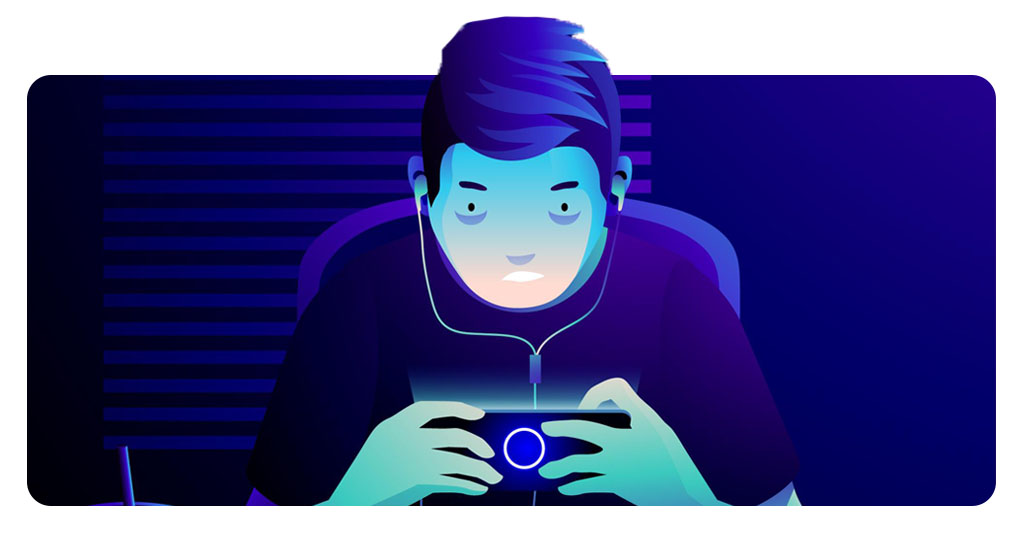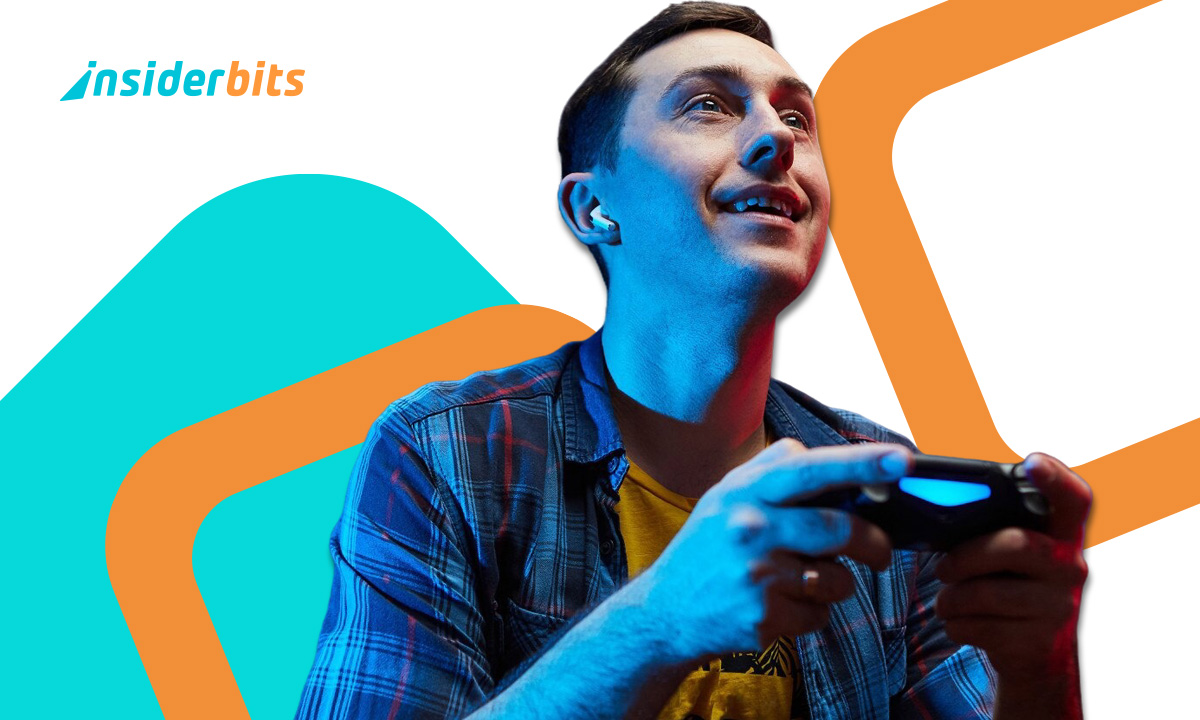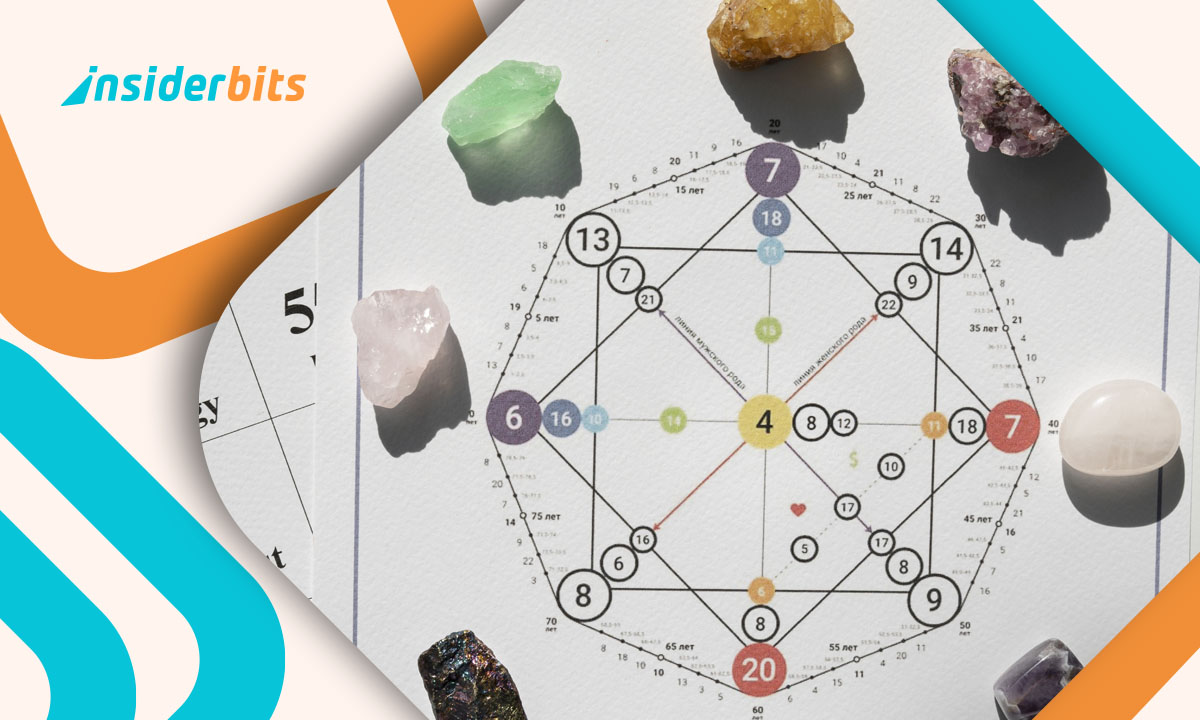Although gaming can offer valuable benefits, gaming addiction has become an increasingly relevant issue in modern life, as digital entertainment now provides immersive experiences that are easy to access and difficult to put down.
Understanding the fine line between recreation and compulsion allows individuals to maintain a healthy connection with games. A balanced relationship with gaming depends on intentional habits and awareness. Developing this awareness is what helps transform gaming into a positive part of life, rather than an escape from it.
- Gaming After 50: Best Mobile Games for Mature Players
- A New Era of Gaming: Why the PlayStation 5 Stands Out
- AI-Powered NPCs: The Future of Open-World Gaming
Healthy Gaming – How to Play Without Harm
Gaming, when approached with mindfulness and boundaries, can become part of a healthy lifestyle that complements work, school, and personal growth.
Those who game responsibly often report reduced stress. The benefits of playing video games include increased focus, and even stronger friendships, particularly when they play in moderation and remain in control of their time.
However, problems begin when screen time replaces essential habits like social interaction or rest, gradually shifting from relaxation to emotional dependence.
Maintaining a positive relationship with games requires attention to timing and mood.
You can improve health while gaming by planning breaks, identifying emotional triggers, and limiting exposure to high-stimulation games are practical ways to protect mental well-being while continuing to enjoy the hobby.
When gaming remains a conscious choice rather than an automatic habit, the benefits stay in balance with real-life priorities.

Signs You Might Be Gaming Too Much (And What to Do)
The first step is recognizing the early signs of gaming addiction can prevent the escalation of unhealthy behaviors that disrupt focus, productivity, and emotional health.
For example, some of the common indicators include neglecting school or work responsibilities, avoiding face-to-face interactions, and feeling anxious or irritable when unable to play.
Other patterns, such as poor sleep, reduced interest in other hobbies, or difficulty stopping after long sessions, suggest that gaming may be displacing more essential needs.
Acknowledging these symptoms opens the door to recovery.
If you feel that you are playing too much, you should start tracking screen time, setting realistic daily limits, aiming to reduce overuse without removing gaming entirely from one’s routine.
Also, seeking support from mental health professionals or online communities can also reinforce accountability and provide new perspectives for regaining control.
The Science Behind Gaming Addiction and Dopamine
One of the main drivers of gaming addiction lies in how the brain processes rewards, especially through the dopamine system responsible for pleasure and motivation.
This happens because Games are often designed to deliver rapid feedback, visual stimulation, and in-game rewards that trigger dopamine surges, reinforcing the behavior and making it harder to stop.
Over time, the brain may become conditioned to prefer these instant rewards over slower, real-life achievements, which can diminish motivation for everyday activities.
Understanding dopamine’s role in habit formation helps explain why some players struggle to disconnect, even when they’re aware of the consequences.
Addressing the addiction means replacing that reward loop with healthier sources of stimulation and gradually retraining the brain’s expectations.
Setting Healthy Limits: Tips for Responsible Gaming
Addressing gaming addiction begins with realistic adjustments that make moderation easier to sustain, especially for those who enjoy playing but want better balance.
One of the most effective techniques is Time-blocking, that allow users to schedule gaming sessions alongside other responsibilities without compromising productivity or rest.
Also, some digital tools that limit screen time like screen time trackers, app blockers, or usage reminders provide structure and make it easier to stick to self-imposed boundaries over time.
By substituting gaming hours with other rewarding experiences such as exercise, creative hobbies, or quality social time, individuals can reduce their reliance on virtual gratification.
Over time, these shifts support long-term stability and help gaming remain a source of enjoyment rather than dependency.
How Parents Can Help Kids Maintain a Gaming-Life Balance
Parents play a crucial role in preventing gaming addiction in children by creating an environment that encourages self-regulation and communication instead of control.
When screen time rules are developed together, kids are more likely to respect them and understand why balance matters for their health and growth.
Instead of enforcing rigid restrictions, parents can use daily conversations and shared activities to monitor changes in mood or behavior linked to gaming habits.
Encouraging other interests, such as sports, music, reading, or any other hobbies, gives children the chance to develop a wide range of sources for engagement and confidence beyond the screen.
Staying involved and modeling balanced behavior, parents empower their children to enjoy gaming responsibly within a healthy lifestyle.
Finding the Balance Between Gaming Addiction and Healthy Gaming – Conclusion
Gaming addiction doesn’t have to mean giving up games entirely. Healthy gaming is about understanding habits and applying healthy strategies. By doing that, gaming becomes one part of a more satisfying, well-rounded lifestyle.
Through mindfulness, individuals and families can prevent compulsive patterns while preserving the positive side of digital play.
With awareness and effort, it’s possible to build a healthier connection with games, one that supports growth, not escape.
Related: Digital Detox: Top Apps to Help You Unplug in 2025
Enjoyed this article? Save the Insiderbits blog to your favorites for the latest tools, creative tech tips, and photo editing breakthroughs!





